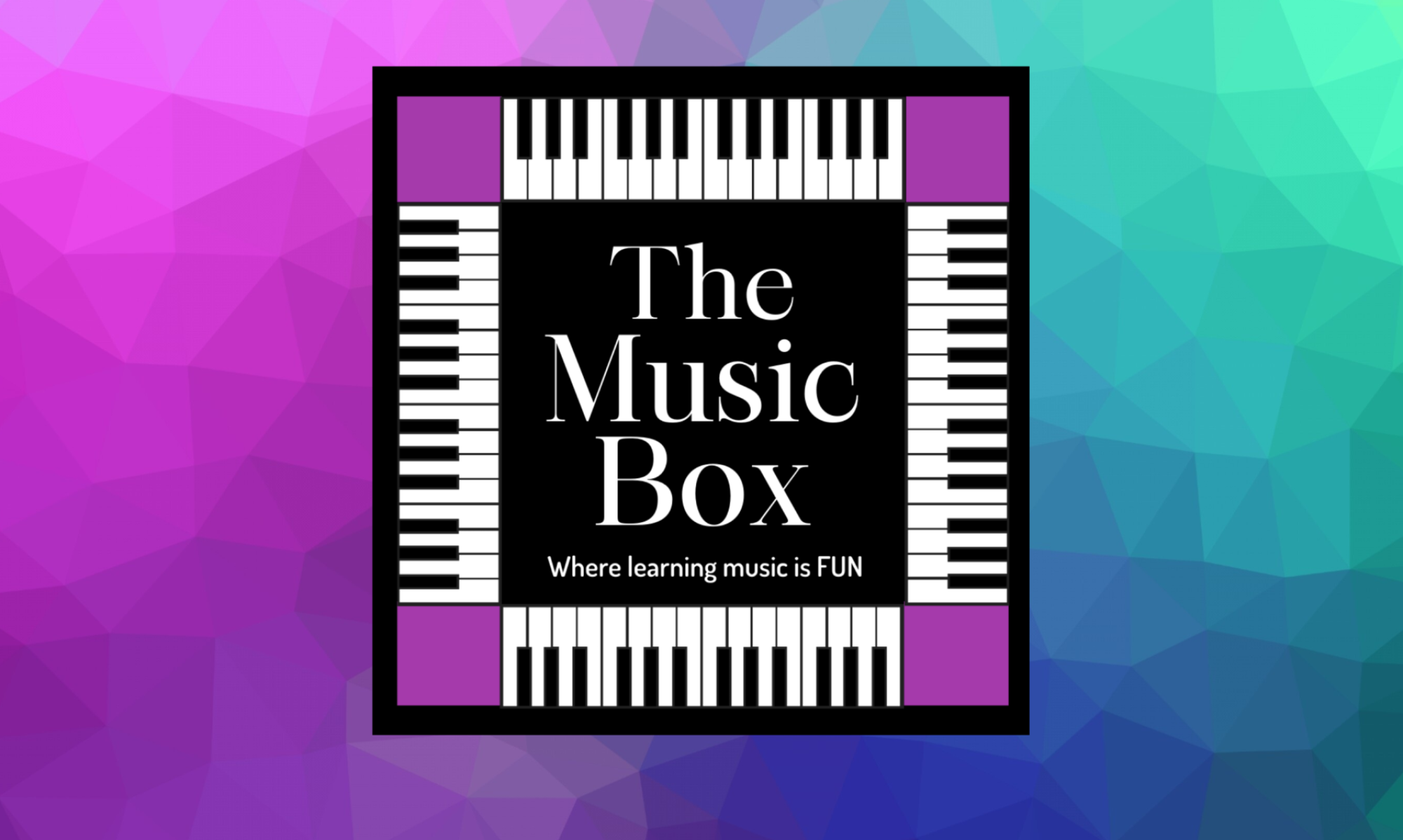Where the music leads you
Why study music? It has been a popular area of study for centuries. What is the attraction? What can you do with your musical background? Why is it important?
Music is an element that binds all people from ancient to modern civilation, across time and across the globe. It is akin to breathing. In fact, even in that there is rhythm. It satisfies scientific, mathematical, emotional, spiritual and creative appetites.
Do all music students become professional muscians? No, but all learn to appreciate music in a deeper more meaningful way. They develop an understanding of what they hear and the skill and artistry required to produce musical works.
Looking back on former students who have grown into independents I see social workers, law students, teachers, health care providers and tradesmen mixed in with professional musicians and songwriters. For the students who did not pursue a career in music many of them participated in school or recreational bands. Many of them used their music acheivements to beef up resumes, using me as a personal reference to their work ethic and responsibility.
What music lessons do for all students is teach them about determination, perserverence, dedication and how to go about reaching a desired goal. Recital performances, fesitvals and exams give my students the courage to stand before a group of peers or strangers which, along with building their self-confidence, helps them to acquire a list of acheivements they can be proud of.
Consider the many uses of music in our society and you will see how a musical background can poise your child for success in the working world. Music is used in advertising, entertainment, mental and physical health care, education, religion, scientific/historical study and that is really just the tip of the iceberg. Wherever you look (or listen) you can find music affecting our lives.
While there are many ways music education can enhance one’s list of life opportunities, I find that the most profound benefits of having a musical mind has nothing to do with career choice and everything to do with human relations. The following are just some ways that you can make use of music:
- Singing to your children to put them to sleep, or to your ill parent or grandparent to comfort them.
- Offering the gift of a special song at a wedding, or other significant celebration.
- Providing a final musical farewell at a funeral service
- using your gift to praise God in your church music ministry
- Leading or joining in on a jam session at a gathering of friends or family (campfires are always the best)
- Destressing at the end of a long day by playing your favourite song
- using a tune to help you remember important information
- expressing your feelings in a healthy and creative way
One doesn’t have to look very far to find a study that shows the benefits of music education on the development of the brain. Literacy, mathematical skills, organizational and patterning skills are some of the areas of education that are affected when a child engages in meaningful musical experiences.
Music is food for the mind, body and the soul… and it is just plain fun! Go MUSIC!!
